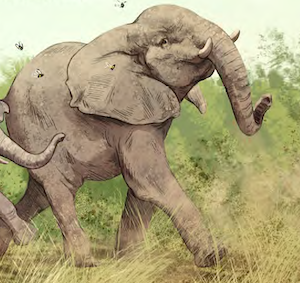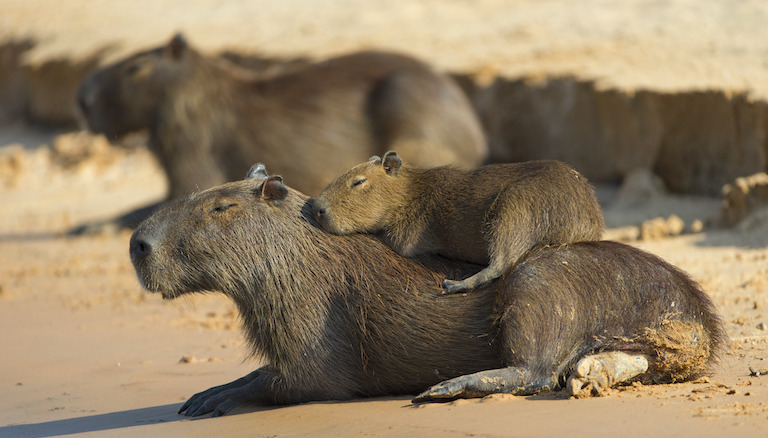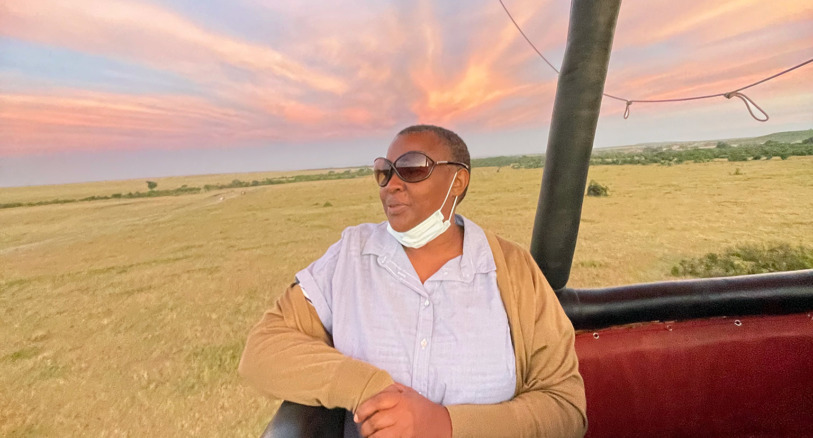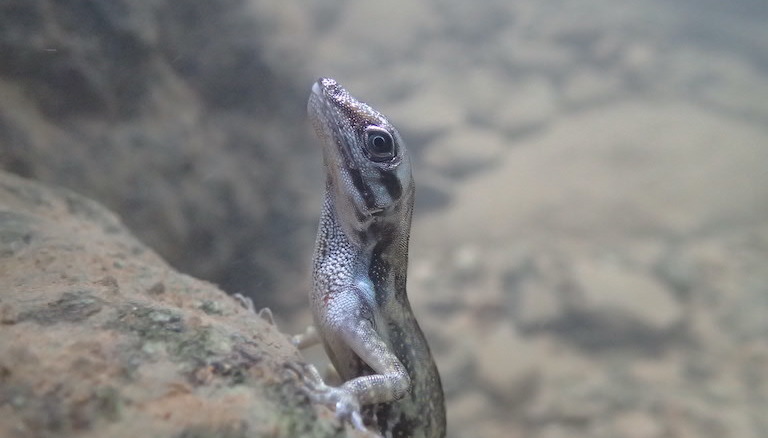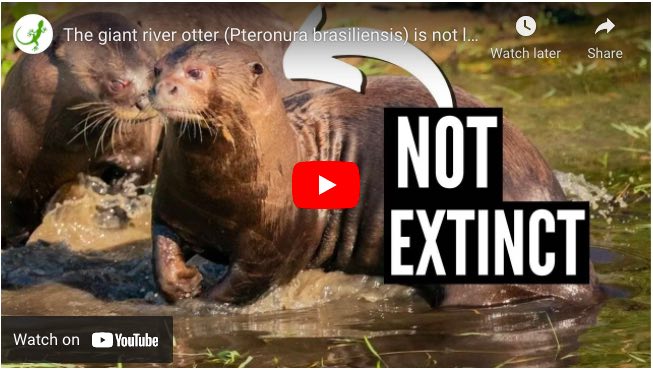
A herd of wild elephants in Thailand. Image by DigitalDDay via Pixabay (Public domain)
Humans have big brains. Elephants, as you might guess, have even bigger brains.
An elephant brain weighs around 5 kilograms (11 pounds), three times as much as a human brain. It is the largest brain in any terrestrial (land) animal. (Some whales have even bigger brains than elephants.)
Big brain size is correlated with innovation, the ability to think of new ways to solve problems. A group of researchers from the City University of New York wanted to measure innovation in large-brained wild elephants. So they designed an open-air puzzle for elephants.
The researchers came up with a contraption with three small compartments that had doors that opened in three different ways: push, pull, and slide. Inside each compartment was a morsel of juicy jackfruit, a favorite snack for the elephants.
They placed the puzzle box at Salakpra Wildlife Sanctuary in Thailand, home to wild Asian elephants.

Researchers came up with a contraption with three small compartments that had doors that opened in three different ways: push, pull, and slide. Inside each nook lay a morsel of juicy jackfruit. Image courtesy of Jacobson et al.
Opening doors may not seem that hard, but when you have a trunk instead of hands, things can get complicated. Solving those complications with a trunk is why this puzzle is a good measure of innovation and problem-solving skills in wild elephants.
Five of the 44 elephants that did the puzzle box managed to open all three doors. Eight managed to open two, and another 11 opened just one. The number of doors they opened measured their ability to innovate under the experiment. The findings of the experiment were published in the scientific journal Animal Behaviour.
The five who opened all three puzzle doors were older males. It wasn’t clear from the study what role gender played in their success.
The results did show that persistence paid off. The more time an elephant spent interacting with the puzzle, the higher its chances of success. Like for humans, when elephants first fail at solving a puzzle, the lesson is try, try again.

An Asian elephant in Sri Lanka. Image: Rhett A. Butler
Citations:
Jacobson, S. L., Dechanupong, J., Horpiencharoen, W., Yindee, M., & Plotnik, J. M. (2023). Innovating to solve a novel puzzle: Wild Asian elephants vary in their ability to problem solve. Animal Behaviour, 205, 227-239. doi:10.1016/j.anbehav.2023.08.019
David Brown adapted this story for Mongabay Kids. It is based on an article by Malavika Vyawahare, published on Mongabay.com:

